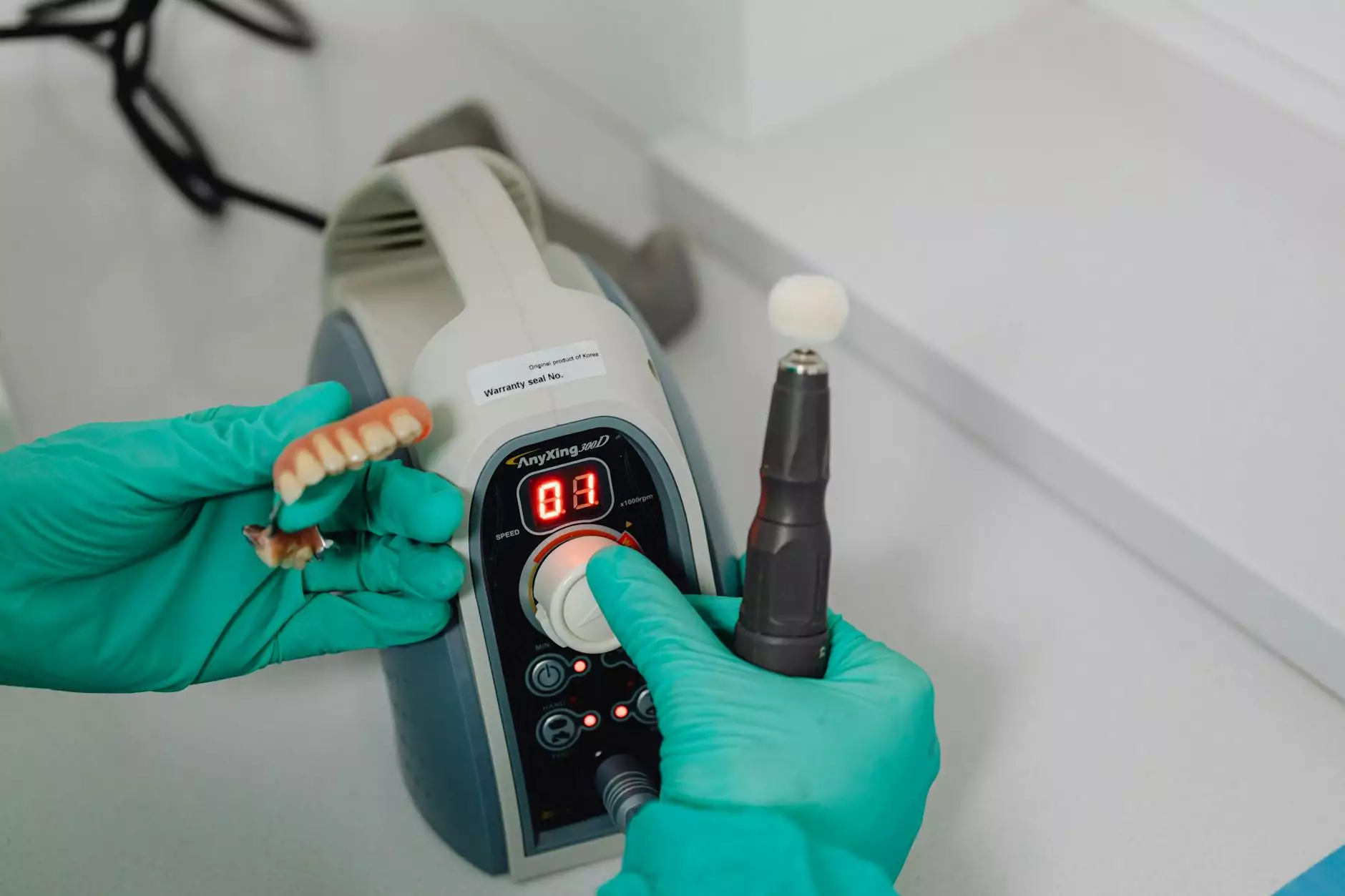Understanding Lift Station Alarm Systems: A Vital Component for Safety and Operational Efficiency

In today’s industrial landscape, ensuring safety and operational continuity is paramount. A significant part of maintaining such standards is the implementation of effective lift station alarm systems. These systems play a crucial role in monitoring and managing lift stations, especially in wastewater management and various industrial sectors. This comprehensive guide dives into the intricacies of lift station alarm systems, their components, benefits, and why businesses should invest in them.
What is a Lift Station Alarm System?
A lift station alarm system is an essential piece of equipment designed to monitor the operational efficiency of lift stations, which are facilities used to transport wastewater or stormwater from lower to higher elevations. These systems provide early warning alerts to potential issues, ensuring that operators can address problems before they escalate into costly repairs or environmental hazards.
Key Components of Lift Station Alarm Systems
Lift station alarm systems can vary in complexity and functionality, but they generally consist of the following key components:
- Level Sensors: Detect the height of liquid within the lift station's wet well.
- Control Panels: Central units that process information from sensors and control the pumps.
- Alarms and Notification Systems: Audible and visual alerts that notify personnel of critical conditions.
- Communication Modules: Facilitate remote monitoring and alerting via phone or internet.
- Power Supply Systems: Ensure that the alarm system remains operational even during power outages.
Why Are Lift Station Alarm Systems Essential?
Investing in a robust lift station alarm system provides numerous benefits to businesses, particularly in sectors that rely heavily on consistent infrastructure performance. Here are some reasons why these systems are indispensable:
1. Safety Assurance
The primary function of lift station alarm systems is to enhance safety. By providing real-time alerts about rising water levels or equipment malfunctions, these systems minimize the risk of flooding and environmental contamination.
2. Preventative Maintenance
Regular monitoring and alerts from lift station alarm systems can help detect issues before they become significant problems. This proactive approach not only extends the lifespan of the pumping equipment but also leads to reduced maintenance costs.
3. Operational Efficiency
With an effective alarm system in place, operators can respond to potential issues swiftly. This quick response leads to minimized downtime, ensuring that wastewater management processes are smooth and continuous, which is critical for regulatory compliance.
4. Remote Monitoring Capabilities
Many modern lift station alarm systems come equipped with remote monitoring features, allowing operators to manage multiple lift stations from a centralized location, leveraging technology to enhance operational oversight.
5. Compliance with Regulations
Various environmental regulations require businesses to maintain certain safety standards. An effective lift station alarm system helps ensure compliance, thereby avoiding potential fines and legal troubles.
Choosing the Right Lift Station Alarm System for Your Business
When selecting a lift station alarm system, businesses should consider several factors:
- Type of Facility: Different types of facilities have varying needs; hence the system should match the specific operational requirements.
- Integration with Existing Systems: The chosen system should seamlessly integrate with current operational and monitoring equipment.
- Cost vs. Feature Balance: Determine your budget but also consider the features that will provide maximum benefits in the long run.
- Scalability: As your business grows, so will your needs. Choose a solution that can evolve accordingly.
- Support and Maintenance: Opt for systems from providers that offer reliable customer support and maintenance services.
How Lift Station Alarm Systems Work
Understanding how these systems function is crucial for maximizing their potential. A typical workflow of a lift station alarm system involves:
- Detection: Level sensors monitor the liquid levels in the wet well. When levels exceed preset thresholds, they send signals to the control panel.
- Processing: The control panel evaluates the incoming data and determines whether an alert should be triggered based on the defined parameters.
- Alerting: If an anomaly is detected, alarms sound, and notifications are dispatched to designated personnel via various communication methods.
- Monitoring: Continuous monitoring allows for the evaluation of pump operation and system performance, ensuring everything runs as expected.
Conclusion
In conclusion, the importance of lift station alarm systems cannot be overstated. For companies involved in wastewater management or any other sector relying on lift stations, these systems are essential to ensuring safety, compliance, and operational efficiency. With the right system in place, businesses can better safeguard their operations, protect the environment, and save on operational costs.
Discover More at TankVitals
If you're looking to enhance the safety and operation of your lift stations, explore our selection of quality lift station alarm systems and other safety equipment available at TankVitals. Our experts are here to help you choose the right solution tailored to your specific needs and ensure that your operations run smoothly.









